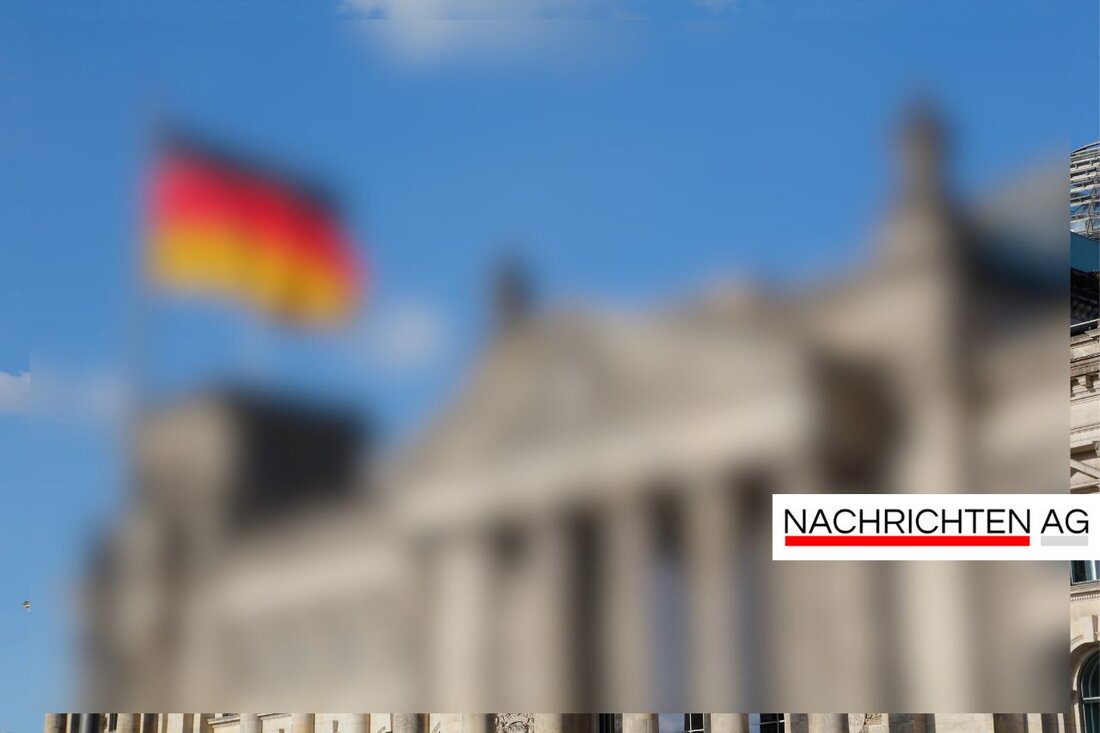Walk for inclusion: make barriers visible in the Mauerpark!
Walk for inclusion: make barriers visible in the Mauerpark!
On Friday, July 18, 2025, members of the Pankower Advisory Board for People with Disabilities and the Inclusion of the Pankow district center organized a walk in the Mauerpark in Berlin. The aim of the event is to draw attention to the barriers that people encounter with mobility restrictions in their everyday life. Despite the popularity of the wall park, there are numerous obstacles that restrict the social participation of people with disabilities, which the advisory board members want to put into public awareness. The walk begins at 12 p.m. at the park entrance on Eberswalder Straße, 10437 Berlin. All interested parties are invited to take part and to discuss the challenges of accessibility in the park.
As part of this event, there are also discussions with district mayor Dr. Cordelia Koch and the district councilor: Inside Manuela Anders-Granitzki and Cornelius Bechtler. These discussions offer the opportunity to discuss solutions to improve accessibility in the mason park. The highlight of the walk will be the visibility of the barriers and the associated challenges that people with disabilities and mobility restrictions experience in everyday life.
inclusion as a social challenge
As the challenges in the Mauerpark show, barriers for people with disabilities are a far -reaching problem in society. The discourse on inclusion has changed over the years. It is not only about the individual participation, but also about the structural conditions under which this participation is possible. Inclusion is understood as an equal participation of all people and requires that social and institutional barriers are broken down. According to the German Institute for Human Rights (2022), there are significant participation for people with impairments in various areas of life, such as living, health and education.
The UN Convention on the Rights of Disabilities promotes inclusion and participation as human rights principles. It becomes clear that the individual participation of participation depends on the available social resources and the conditions under which people live. The Federal Government's third participation report documents that people with impairments have a higher unemployment rate and lower social participation. This leads to a growing interest in the question of how social participation can be improved for all people.
barriers in everyday life and the influence of migration
In addition to the general problem of accessibility, people with disabilities who have migration or escape background are often confronted with additional challenges. Studies, such as the "Afrozensus 2020", show that these groups are often affected by discrimination, which further restricts their participation in social and political processes. An intercultural approach is needed here to promote the needs and opportunities of Bipoc with disabilities. At the same time, an intercultural opening and cultural -sensitive work for people with disabilities and migration background is required.
The need to look at the different facets of inclusion is increasingly recognized. The discourse has expanded from individual disabilities to diversity and diversity. Social perception plays a crucial role in this, because only through an inclusive society can the participation of all people be promoted. In order to adequately counter the challenges of the interface between disability and migration, targeted measures are necessary.
For the walk on July 18, there is not only a local occasion, but also a far -reaching social meaning that indicates the need for accessibility and inclusion. It remains to be hoped that such initiatives will help to draw attention to these important topics and to make long -term changes.
| Details | |
|---|---|
| Ort | Mauerpark, Berlin, Deutschland |
| Quellen | |


Kommentare (0)